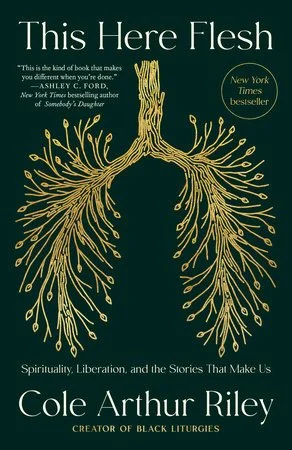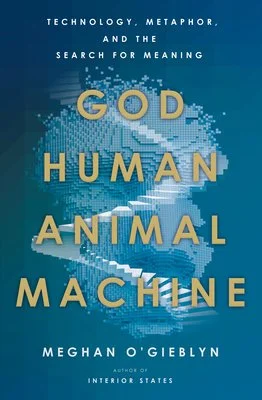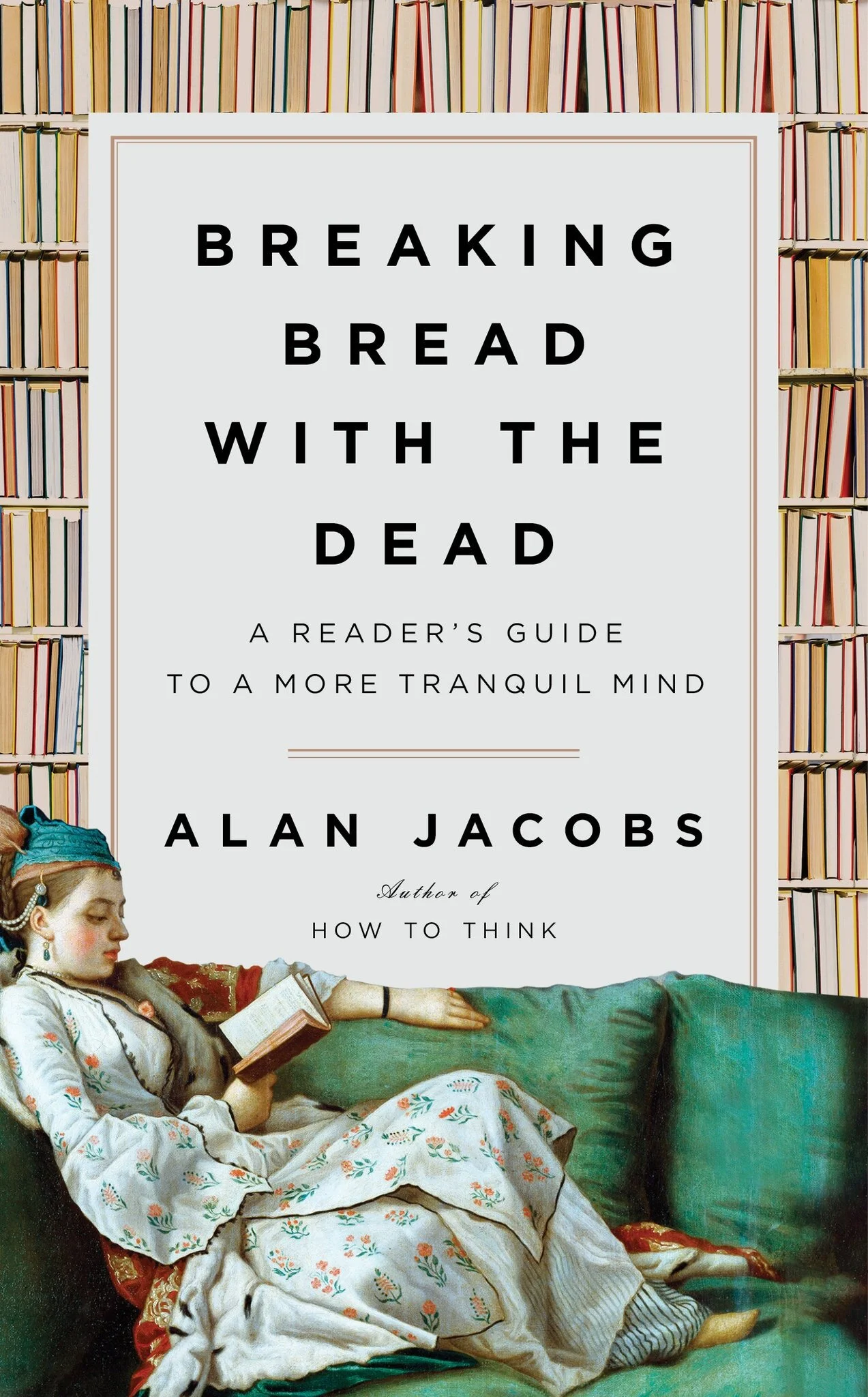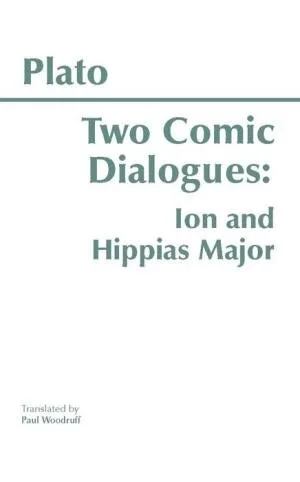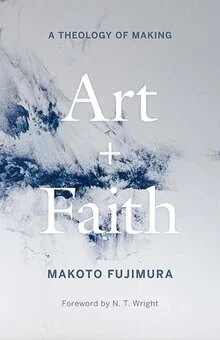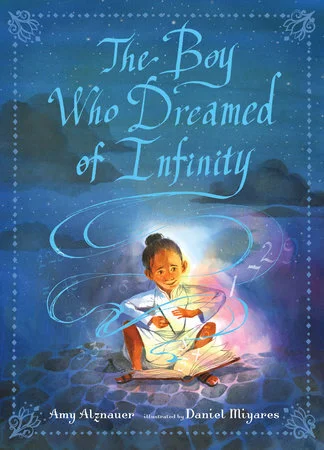
Vita Poetica | Reviews
An Enfleshed Spirit
Reflections on Cole Arthur Riley’s This Here Flesh: Spirituality, Liberation, and the Stories That Make Us
by Kolya Braun-Greiner
Both / And
Two Exhibition Reviews: A Marriage of Arts and Crafts and Discovery and Revelation
by Cheryl Sadowski
I read somewhere recently that taking offense has become a national pastime. The statement lingers with me for the way it aptly captures how social media, meme culture, and a 24/7 news cycle whipsaw our attention between issues and events, calling for demonstrative moral outrage and public admonishment. Less and less are we able to dwell in nuance and conversation; more and more are we pre-conditioned to singular, strident notes of absolutism.
A Traveler’s Guide to the Journey through the Space that is Time
A Review of James K.A. Smith’s How to Inhabit Time: Understanding the Past, Facing the Future, Living Faithfully Now
by Emily Chambers Sharpe
I read James K.A. Smith’s latest work in a season of many transitions.
Transcendence and Mystery
A Review of Memoria, Written and Directed by Apichatpong Weerasethakul
by Larry Smith and Rustle Snow
While studying surrealism with the late J. H. Matthews, a professor of film and literature at Syracuse University, I (Larry) watched a documentary on filmmaker Hans Richter entitled Hans Richter: Give Chance a Chance (1973), which had much to teach me about experimental film.
Devil in the Details
A Review of the Novel Crossroads by Jonathan Franzen
by Cheryl Sadowski
Jonathan Franzen’s sixth novel, Crossroads, is a morality tale of exceptional depth that revolves around the soulful struggle of a family, each of whom wrestles with their own private demons. Christian mores hang thickly over the landscape while atheism, Native American spirituality, second-wave feminism, and sexual electricity challenge binary ideas of good and evil, heaven and hell, sin and salvation.
House of Words: Finding Comfort in the Dwelling Space of Sheltering Mercy
A Review of Sheltering Mercy: Prayers Inspired by the Psalms by Ryan Whitaker Smith and Dan Wilt
by Kathryn Sadakierski
Food, water, shelter. At the base of Maslow’s hierarchy of needs, they’re considered the most essential elements required before a person can reach their full potential. But as Ryan Whitaker Smith and Dan Wilt illustrate in their visceral compendium of prayers responding to the Psalms, Sheltering Mercy, there is more to shelter than the provision of material needs.
Finding Meaning in Modernity: Two Books about Quest
Reviews of Why We Are Restless: On the Modern Quest for Contentment by Benjamin Storey & Jenna Silber Storey and God, Human, Animal, Machine: Technology, Metaphor, and the Search for Meaning by Meghan O’Gieblyn
by Cheryl Sadowski
Pascal considers cultivated nonchalance a fleeting substitute for a more meaningful quest characterized by our unrealized but ever-present longing for divine connection. The sooner we realize our alienation from God, the sooner we can begin working to close the gap.
On Temporal Tranquility
A Review of Breaking Bread with the Dead: A Reader’s Guide to a More Tranquil Mind by Alan Jacobs
by Cheryl Sadowski
By making time to read the writers of long ago and far away, he believes we can be called into thoughtful dialogue with the past in a way that enriches our perspective and helps free us from the ever-blooming, buzzing, immediate Now.
When Hippias Met Miss Rumphius
Personal Reflections towards The Beautiful apropos of Plato’s Hippias Major and Barbara Cooney’s Miss Rumphius
by Lila Stiff
One of the perks of being in my mid-thirties is that I can finally enjoy the dialogues of Plato as pleasure reading, at last having attained a modicum of dispassion as to whether that makes me either insufferably pretentious or – the other danger – an absolute imposter, given my lack of any advanced degrees in philosophy or classics.
Breaking and Making
A review of Art and Faith: A Theology of Making by Makoto Fujimura
by Melanie Weldon-Soiset
Even as Art and Faith blasts the pragmatic idolatry of “usefulness,” the book nonetheless demonstrates that art does serve a purpose: the act of Making, which involves using our hands and our bodies to craft physical objects into something new, is actually our deepest epistemological path.
Re-enchanting Numbers
A review of The Boy Who Dreamed of Infinity by Amy Alznauer
By Lila Stiff
“An equation for me has no meaning unless it expresses a thought of God,” he writes. Ramanujan’s adult life is presented as a breathless quest to find... the thoughts of God lying unspoken upon his tongue.

